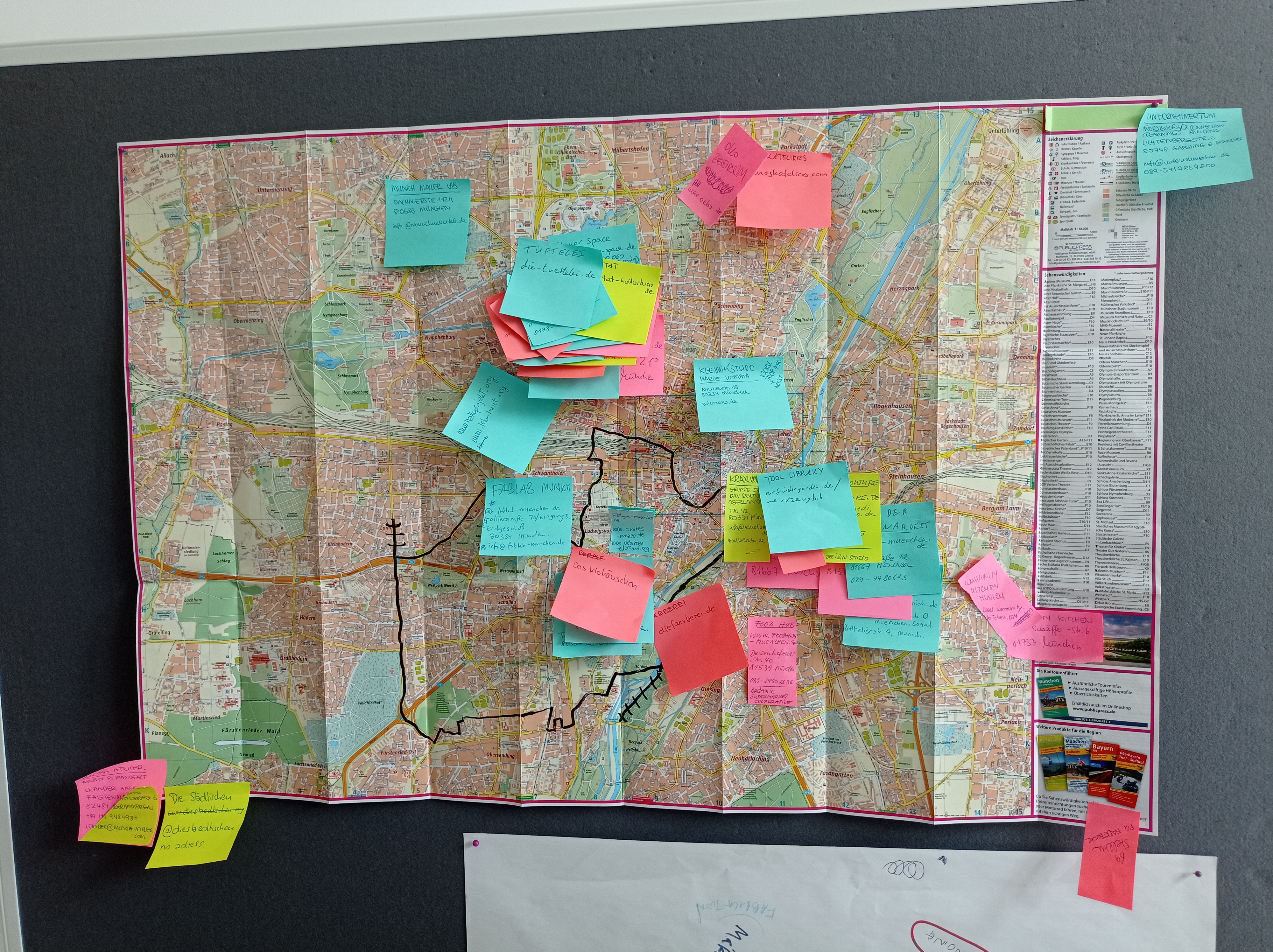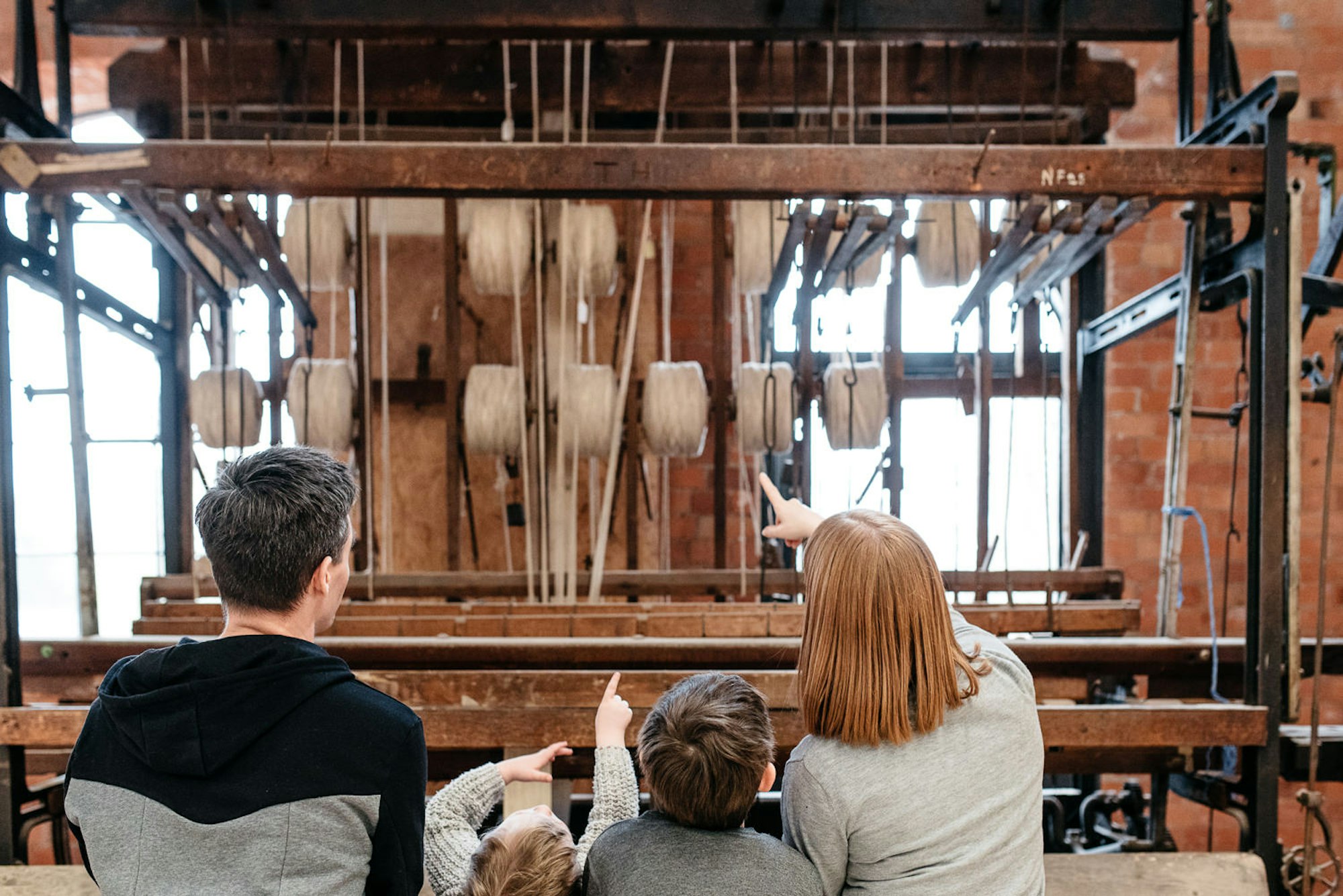Distributed Manufacturing - local manufacturing, globally
Conversations with ThingKing and thoughts on Distributed Manufacturing.

Header Image: Open Desk
For a long time, my concern with even thinking about making Make Works internationally was based on an observation that even within Scotland there exists a different design-manufacturing ecosystem from city to city. The way people work in Edinburgh, is different to Glasgow, which again works differently in Dundee, Aberdeen, Tain or The Shetland Isles. Having a respect to understand how places work is why we have always taken time to visit each and every one of the manufacturers listed on the site.

The reality of Shipping Costs
This hesitation changed in Cape Town last week, when I had a conversation with Marc, founder of South African design company ThingKing. We were discussing changes in the way designers are making things, and Marc explained to me that as shipping to Europe and the US is prohibitively expensive, South African designers have real issues when it comes to distributing their products. Marc described past experiences of having a customer in Germany; where it was more economical to email the drawings, material specifics and dimensions and have the customer find a local fabricator to make his product. We discussed the idea of producing design blueprints that can be shared online, then manufactured locally on a global level. This model is currently being used by OpenDesk; demonstrating huge potential, but currently has practical limitations in only supporting products that are CNC cut from plywood.
Knyttan, based in London is another example of a start up exploring this field offering digitally-produced knitwear, made to order.
Distributed Manufacturing for the traditional trades?
This conversation highlighted that across the world there is a demand for distributed manufacturing. We then started discussing what that might look like beyond the realms of digital fabrication. Instead of focussing on the products designed to be manufactured on 3D printers or laser cutters, what could distributed manufacturing look like for the traditional trades, and a wider set of materials?
In Cape Town we discovered a brilliant small leather business called Woodheads. This family-run company supply leather hides from one offs through to larger runs; with a production facility upstairs for leather goods. The pattern cutting of leather is done by machine in the same way Make Works has seen at Andrew Muirheads in Glasgow. Seeing the operational similarities between the two businesses made me wonder to what extent could these factories be twinned? This would enable a South African designer working for a Scottish customer to have their designs fabricated locally using local materials. It would also work vice versa - if a Scottish designer was looking to have leather cut for products to be sold in Cape Town they could have it produced locally, whilst supporting a local business in that city.

Design is an international industry
Building on this, we discussed how the nature of work for designers and artists is nomadic across the world. Whatever city professionals might find themelves in, the sourcing of fabrication, materials, workshop space or manufacturing is consistently an issue. This might be for a residency, a conference, or an exhibition; when designers get to new countries they need to start from scratch with figuring out how to manufacture their work there, or face the complications of transporting it long distance. We saw this first hand on the Maker Libraries Network project, where Gareth from Machines Room, was needing to have a piece either delivered or re-made on site in Cape Town. How do you find that fabricator in an unknown city, quickly?


Marc was accustomed to this problem. He expressed his desire to be able to “go anywhere in the world and know how to access the manufacturing network there”. Perhaps the potential for global Make Works networks isn't about importing and exporting, but supporting local production internationally. Imagine how empowering it would be to trust that if you were going anywhere in the world for a project, you would know where to get your CNC machining, welding, printing, textiles or exhibition construction done in a way that wasn’t intimidating, and at a high quality.
Local manufacturing, all over the world
Thinking about taking the work that we have done in Scotland and applying it on a global level ourselves, would require inordinate overheads and take a lifetime for our small team - and we love being small! It has also taken us almost three years to establish the relationships with the Scottish manufacturing industry; and to film and to verify a substancial number of factories in one small country to prove only the concept of the platform.
In the spirit of distributed manufacturing then, "it is easier to share the recipe, than shipping cakes and biscuits" ( - John Maynard Keynes). So developing a network of people, mapping and making local manufacturing accessible, is another challenge we would love to take on board.
Categories
Article
Related stories
Why Make Work Locally
Alan Moore and Ten30 Fashion
Tips for Manufacturing in Scotland
A Life in Lace
In the Belly of the Beast: my one year manufacturing for Coca Cola





